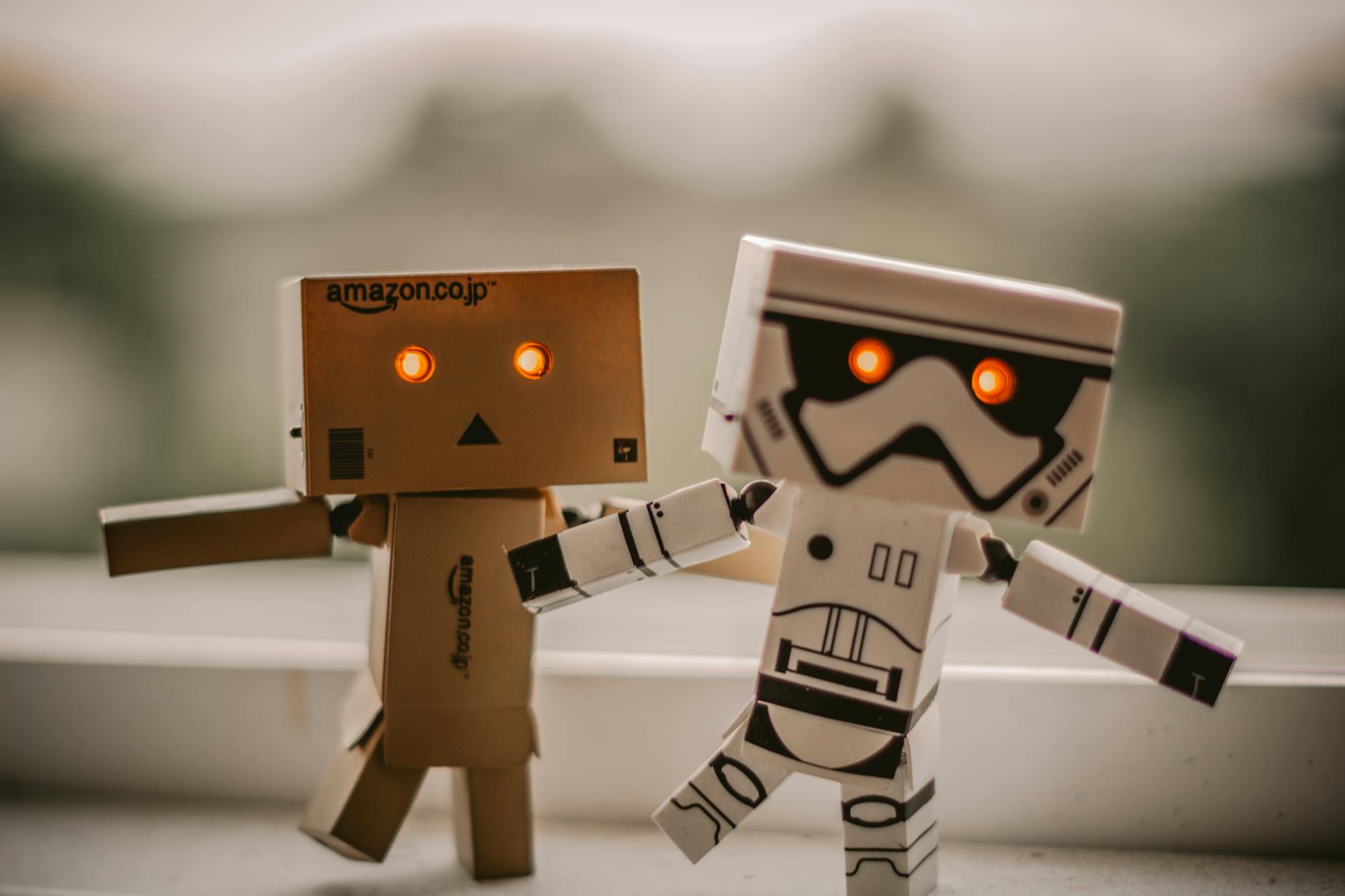Part 1 | What is Artificial Intelligence?
Part 1 | What is Artificial Intelligence ?
Source: Wikipedia
There are three kinds of intelligence: one kind understands things for itself, the other appreciates what others can understand, the third understands neither for itself nor through others. This first kind is excellent, the second good and the third kind useless.
-Niccolo Machiavelli
(1469-1527), Italian diplomat, Political Philosopher, musician, poet and playwright

What exactly is Artificially Intelligence? Although most attempts to define complex and widely used terms precisely are exercises in futility, it is useful to draw at least an approximate boundary around the concept to provide a perspective on the discussion that follows. To do this, we propose the following by no means universally accepted definition. Artificial Intelligence (AI) is the study of how to make computers do things which, at the moment, people do better. This definition is, of course, somewhat ephemeral because of its reference to the current state of computer science. And it fails to include some areas of potentially very large impact, namely problems that cannot now be solved well by either computers or people. But it provides a good outline of what constitutes artificial intelligence, and it avoids the philosophical issues that dominate attempts to define the meaning of either artificial or intelligence.
Artificial intelligence (AI, also machine intelligence, MI) is intelligence demonstrated by machines, in contrast to the natural intelligence (NI) displayed by humans and other animals. In computer science AI research is defined as the study of "intelligent agents": any device that perceives its environment and takes actions that maximize its chance of successfully achieving its goals. Colloquially, the term "artificial intelligence" is applied when a machine mimics "cognitive" functions that humans associate with other human minds, such as "learning" and "problem solving".
The scope of AI is disputed: as machines become increasingly capable, tasks considered as requiring "intelligence" are often removed from the definition, a phenomenon known as the AI effect, leading to the quip, "AI is whatever hasn't been done yet." For instance, optical character recognition is frequently excluded from "artificial intelligence", having become a routine technology. Capabilities generally classified as AI as of 2017 include successfully understanding human speech, competing at the highest level in strategic game systems (such as chess and Go), autonomous cars, intelligent routing in content delivery network and military simulations.
Artificial intelligence was founded as an academic discipline in 1956, and in the years since has experienced several waves of optimism, followed by disappointment and the loss of funding (known as an "AI winter"), followed by new approaches, success and renewed funding. For most of its history, AI research has been divided into subfields that often fail to communicate with each other. These sub-fields are based on technical considerations, such as particular goals (e.g. "robotics" or "machine learning"), the use of particular tools ("logic" or artificial neural networks), or deep philosophical differences. Subfields have also been based on social factors (particular institutions or the work of particular researchers)
The traditional problems (or goals) of AI research include reasoning, knowledge representation, planning, learning, natural language processing, perception and the ability to move and manipulate objects. General intelligence is among the field's long-term goals. Approaches include statistical methods, computational intelligence, and traditional symbolic AI. Many tools are used in AI, including versions of search and mathematical optimization, artificial neural networks, and methods based on statistics, probability and economics. The AI field draws upon computer science, mathematics, psychology, linguistics, philosophy and many others.
The field was founded on the claim that human intelligence "can be so precisely described that a machine can be made to simulate it". This raises philosophical arguments about the nature of the mind and the ethics of creating artificial beings endowed with human-like intelligence which are issues that have been explored by myth, fiction and philosophy since antiquity. Some people also consider AI to be a danger to humanity if it progresses unabatedly. Others believe that AI, unlike previous technological revolutions, will create a risk of mass unemployment.
In the twenty-first century, AI techniques have experienced a resurgence following concurrent advances in computer power, large amounts of data, and theoretical understanding; and AI techniques have become an essential part of the technology industry, helping to solve many challenging problems in computer science.


Comments
Post a Comment